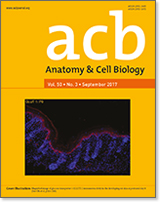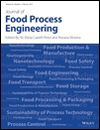A professor of pharmaceutical chemistry in Iraq has been steadily racking up retractions since 2022, with reasons ranging from authorship manipulation to irrelevant citations, peer review-by-author and not providing study data upon request.
Yasser Fakri Mustafa, who is also dean of the College of Pharmacy at the University of Mosul and editor-in-chief of the Iraqi Journal of Pharmacy, now has at least 16 retractions to his name, and more are likely to follow. One publisher told us it is actively investigating Mustafa’s work, and 81 of his more than 500 papers have been flagged on PubPeer.
From 2008 to 2019, Mustafa published no more than one or two articles a year, and often he had no output at all, according to the research database Dimensions. Then his output rose sharply, peaking at 120 in 2022, according to Dimensions. That same year, however, the researcher’s name appeared in a blog post by Nick Wise and Alexander Magazinov about authorship-for-sale networks. The two sleuths had found several papers by Mustafa and a slew of international coauthors that matched authorship ads on various websites, including that of a Russia-linked paper mill in Latvia, as they documented on PubPeer.
Continue reading Iraqi university dean linked to paper mills has more than a dozen retractions


 For a host of reasons, a journal has retracted a paper co-authored by a researcher who reportedly once faced charges of practicing medicine without proper qualifications.
For a host of reasons, a journal has retracted a paper co-authored by a researcher who reportedly once faced charges of practicing medicine without proper qualifications. 




 A food science journal has retracted a paper over “a breach of reviewer confidentiality,” after editors learned it contained text from an unpublished manuscript — which one of the authors appears to have reviewed for another journal.
A food science journal has retracted a paper over “a breach of reviewer confidentiality,” after editors learned it contained text from an unpublished manuscript — which one of the authors appears to have reviewed for another journal.